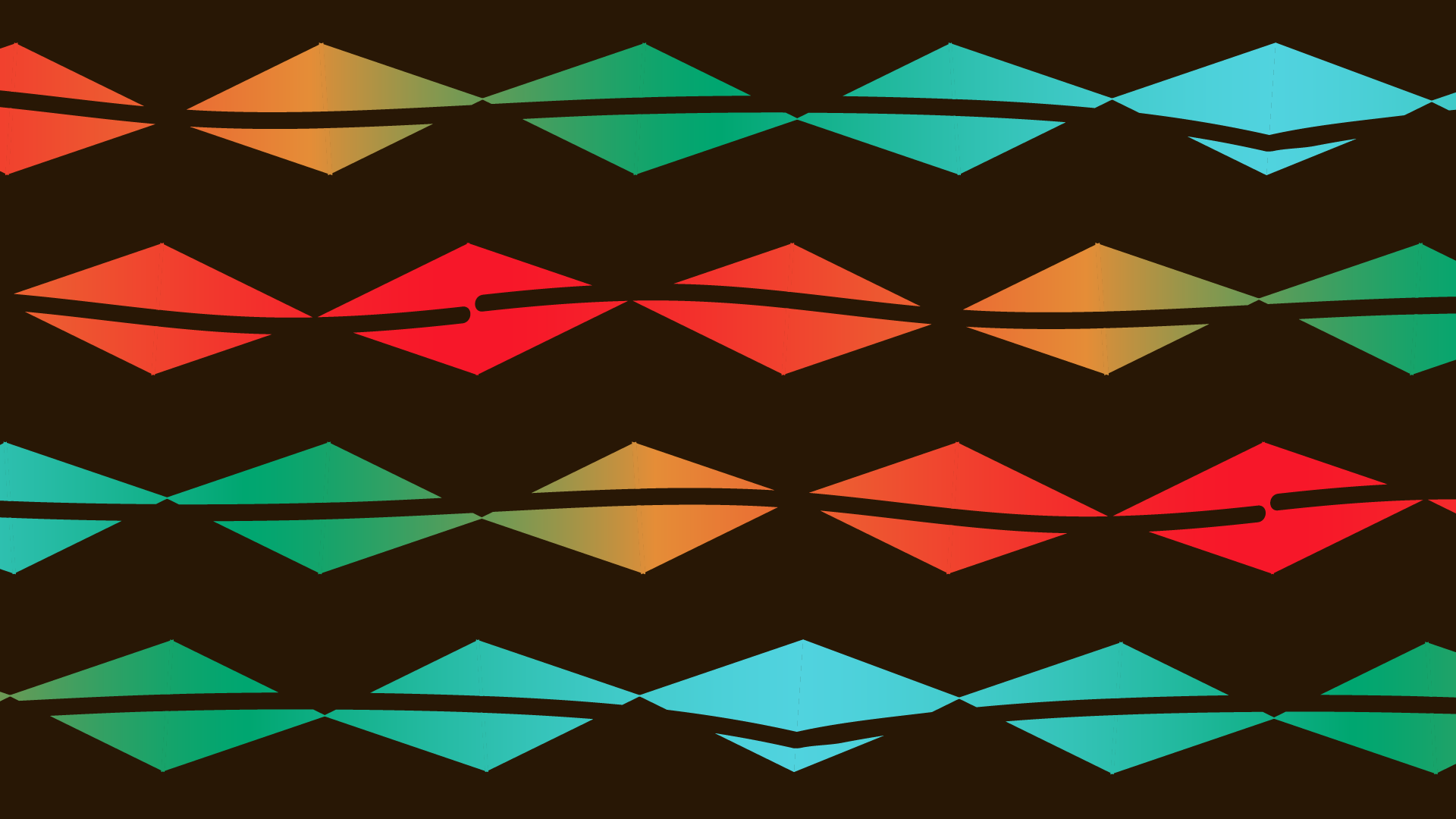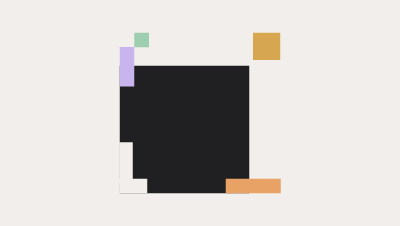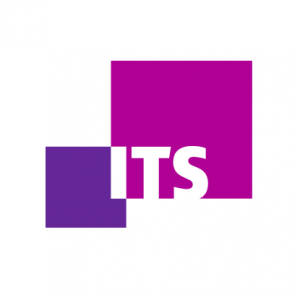Cryptography
Selected Materials on ITS Rio’s Work in the Field.
categories
theme
Selected Materials on ITS Rio’s Work in the Field.
Cryptography is one of the most critical issues today, given its importance in protecting individuals’ privacy, security, and freedom of thought in the digital age. In recognition of this, the United Nations recently affirmed that encryption is essential for the exercise of freedom of expression, as stated by its Rapporteur, David Kaye. The term gained widespread public attention with the adoption of end-to-end encryption by applications like WhatsApp, which use this technology to better protect users’ communications and privacy.
Despite its clear importance, the discussion around cryptography in Brazil remains nascent. There is a significant lack of understanding about how cryptography works, its various applications, and its legitimate uses. Additionally, the challenges surrounding cryptographic regulation are becoming increasingly apparent, both in Brazil and globally, necessitating a nuanced public debate about the balance between privacy and citizen monitoring for public security purposes.
Therefore, providing substantial technical information is crucial to educating society and fostering a deeper understanding of cryptography and communication security in the country.
The Institute for Technology and Society of Rio de Janeiro (ITS Rio) actively contributes to research and public discussions on cryptography. ITS Rio regularly organizes events and disseminates quality materials to further the understanding of this topic.
- OPEN COURSE
The lack of information about how cryptography works, and its legitimate applications remains a challenge. To expand the debate on cryptography in Brazil, ITS Rio offers the online course “Cryptography, Security, and Rights in Practice” as an Open Educational Resource (OER). This course is freely accessible and shareable, providing a comprehensive overview of cryptographic applications in Brazil and worldwide. It also addresses the main challenges related to its regulation and use.
You can access the course content below the “publications” section.
publications
lecture #01

lecture #01

lecture #02

lecture #03







